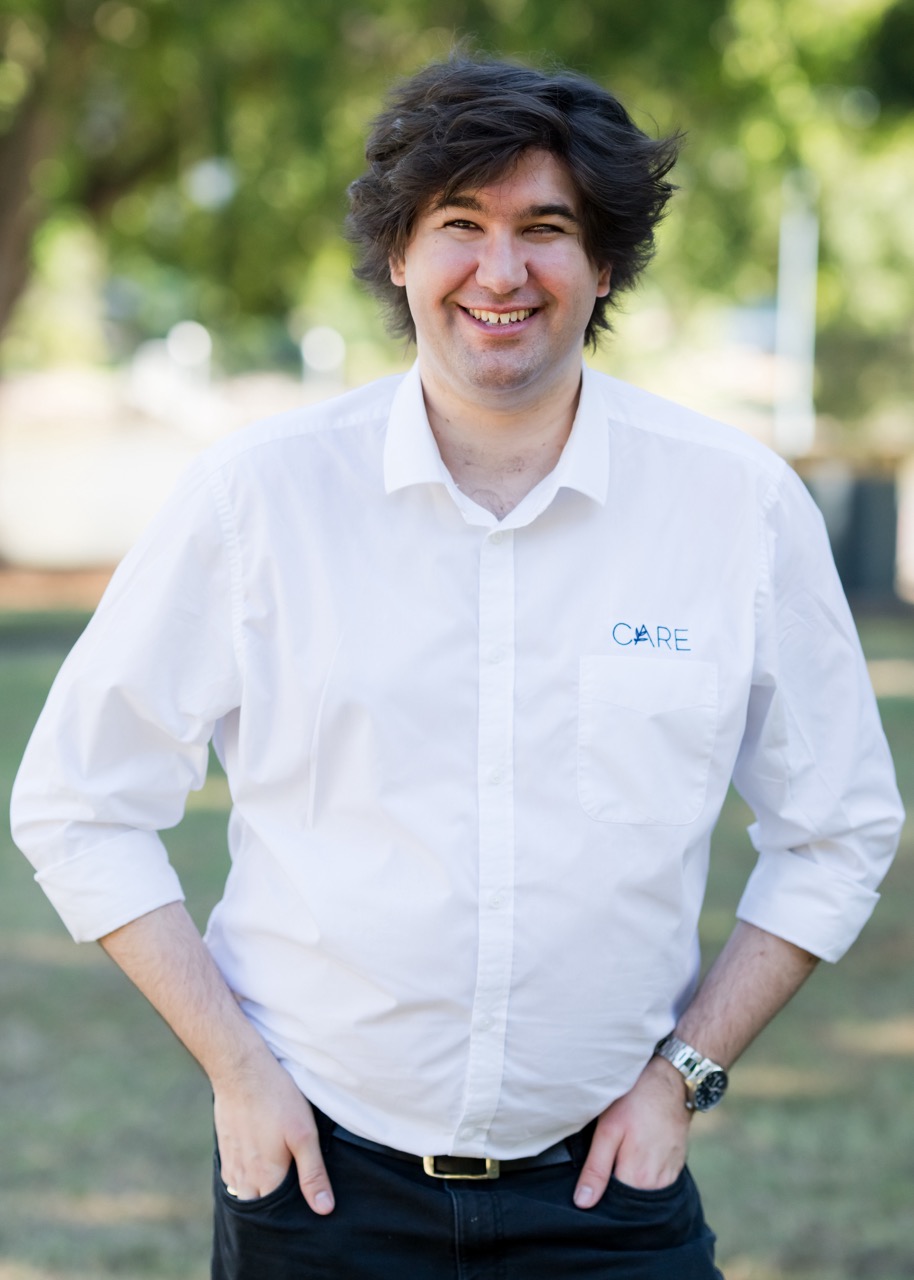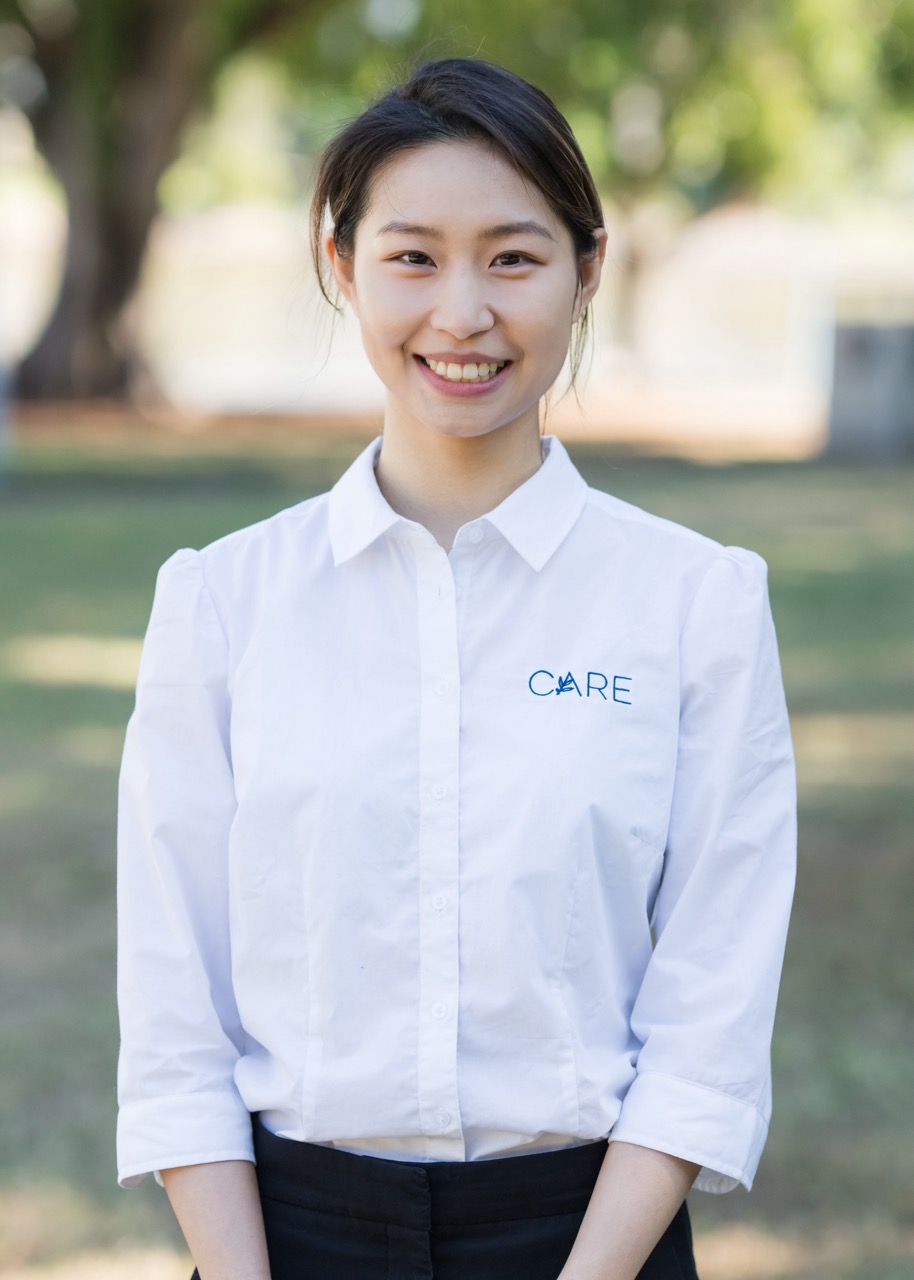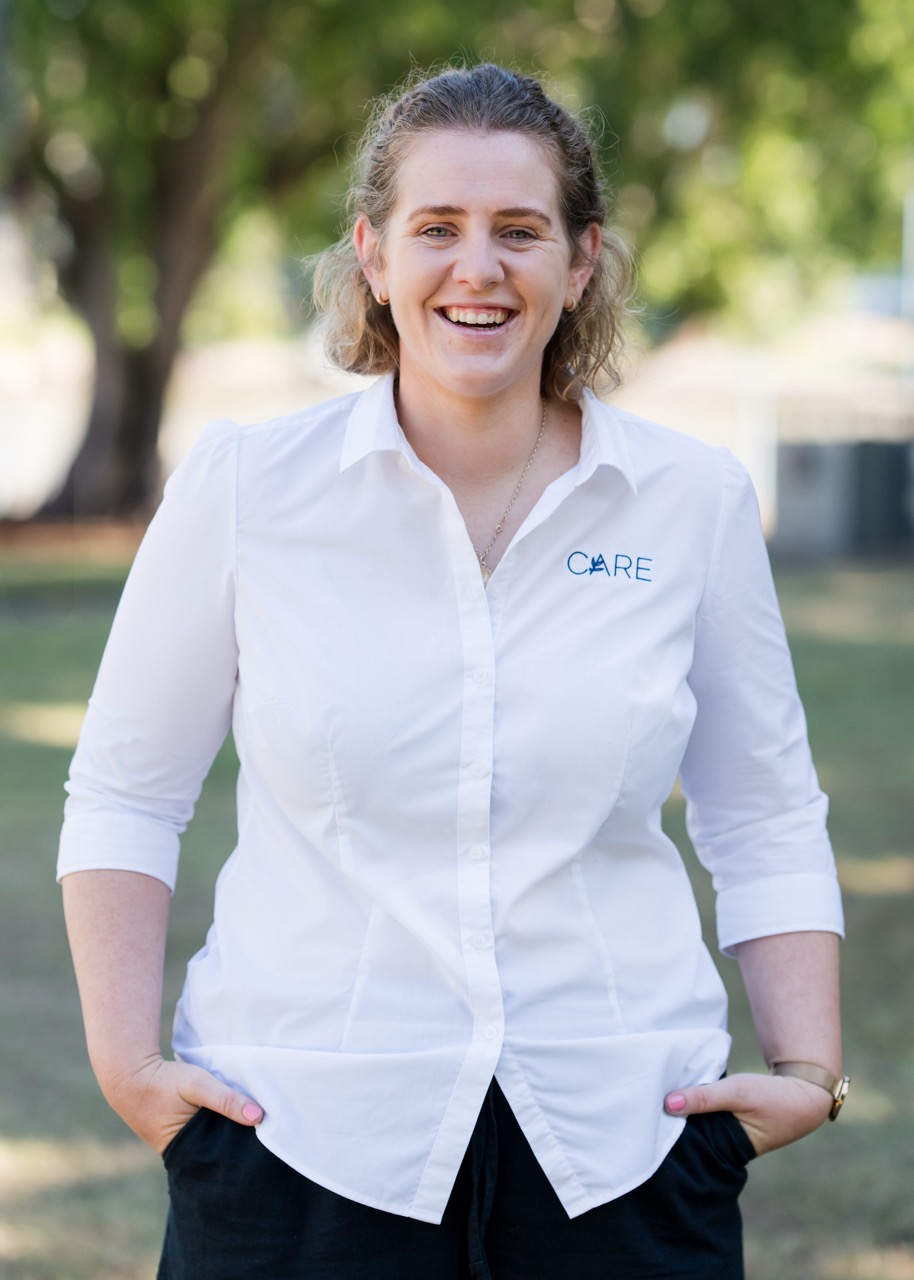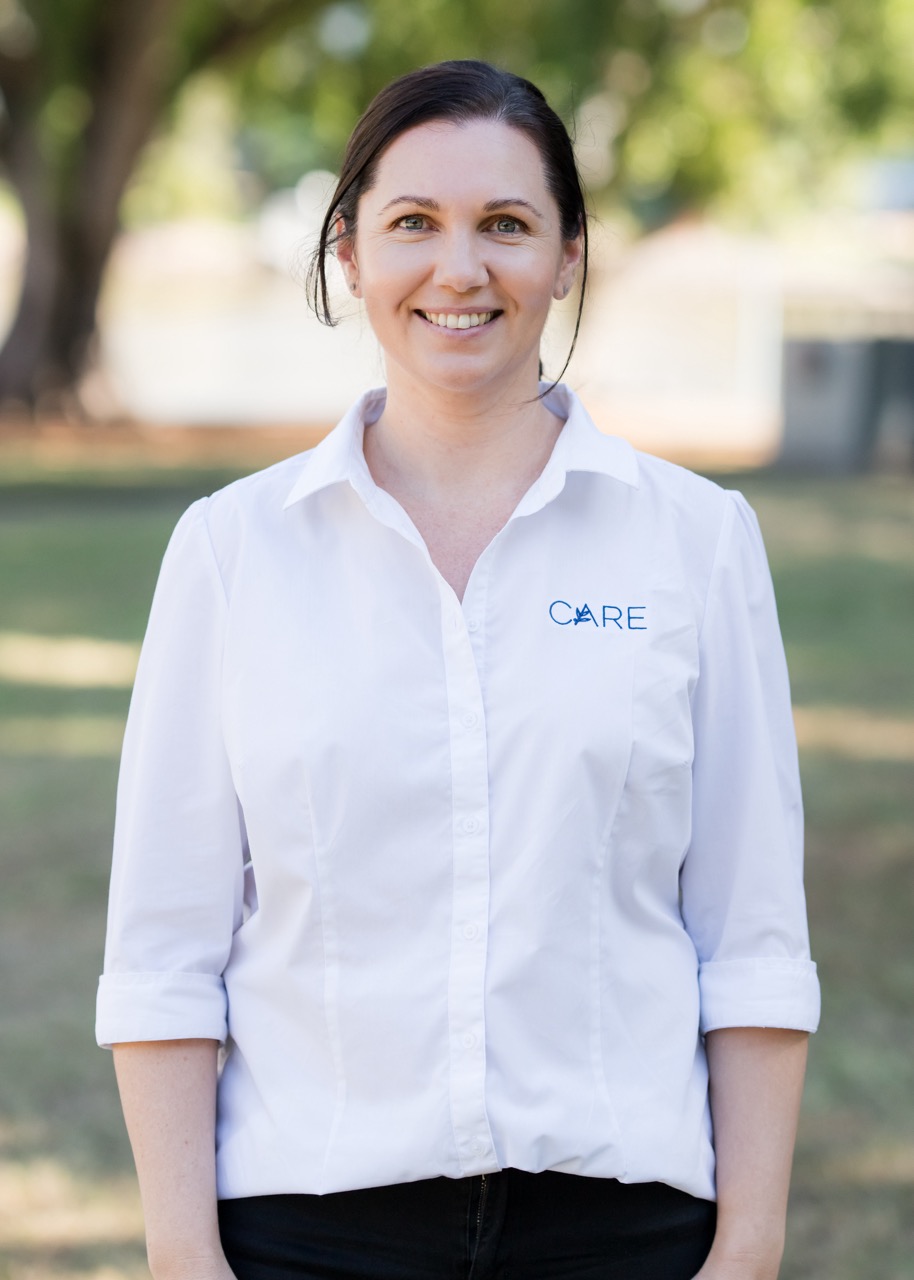Care Speech Pathology
Developmental Language Disorder
Developmental Language Disorder (DLD) affects 1 in 14 people in Australia (that’s two in every classroom!). You may not have heard of DLD before so if you or someone you know has been diagnosed with DLD, it is important to know you are not alone. The good news is, Speech Pathologists in Australia are specially trained to use evidence-based intervention to improve the acquisition and use of language in people with DLD.

At Care Speech Pathology, we know how to help.
You may have noticed some of these signs if a child, adolescent or adult you know has DLD. These might include some or several of the following:
Late talker
Late to put words together into sentences
Limited vocabulary (may talk less and use non-specific words)
Grammatical or sentence errors
Difficulty finding the right words
Difficulty answering questions appropriately
Difficulty expressing complex thoughts
Tendency towards short, simple sentences
Difficulty making conversations
Difficulties learning and or producing new words
Difficulty fully understanding what they hear
Difficulty following directions
Difficulty understanding or telling stories
Articulation or speech sound errors
Difficulty using language appropriate to different contexts (eg, scientific language)
Difficulty with academic areas that rely on language skills
Difficulty learning to read
Difficult understanding non-literal language

What is Developmental Language Disorder (DLD)?
DLD is a lifelong neurodevelopmental disorder that affects a person’s ability to learn, understand and use language despite typical hearing and cognition. In the past, it has also been known as Specific Language Impairment (SLI).
People with DLD can have difficulties with speaking, listening, reading, and writing. Whether they are a child or an adult, DLD can affect a person’s ability to express themselves effectively, process and understand language, and develop vocabulary. It can also impact their academic performance and their ability to engage effectively in social interactions which can lead to challenges with making and keeping friends. Sadly, DLD can have significant impact on a person’s emotional wellbeing if their communication difficulties continually lead to frustration, low self-esteem or social anxiety.
How can we help people with Developmental Language Disorder (DLD)?
At Care Speech Pathology, our therapists play a crucial role in the assessment and treatment of DLD.
Step
We will start by completing a comprehensive assessment to determine if the person or child has DLD, and how it is impacting their communication. Assessment may include gathering information from about developmental history, standardised tests, informal assessment of language samples and observations of communication and understanding of language in different contexts. The child or person will likely be referred for a hearing test if they haven’t had one recently in order to rule out any hearing difficulties that could be impacting their language development.
Step
We can then plan individualised treatment for DLD based on the person’s specific strengths and needs. Treatment will use various strategies to address language difficulties. Treatment will vary but will likely involve activities to expand vocabulary and grammar and involve lots of modelling and feedback. Social communication skills such as turn taking, having conversations, and understanding social contexts, may also be enhanced through stories, explicit teaching, games and role play. Activities to target speech sound errors will be included if relevant. Progress will be monitored and treatment adjusted as required.
Step
The speech pathologist will likely collaborate with parents and/or trusted family members to provide guidance, strategies and activities that can be incorporated into daily routines and interactions to enhance the person’s communication abilities at school, at work, or at home. For example, the speech pathologist can make recommendations to teachers that will support your child to better understand what is said to them at school and to be able to express themself more effectively in the classroom.
Remember: DLD is a developmental disorder. This means that signs first appear in childhood but language challenges are likely to continue into adulthood. Evidence-based early intervention is the best way to support children with DLD to become the best learners and communicators they can be.

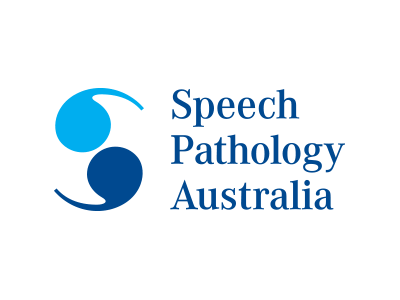
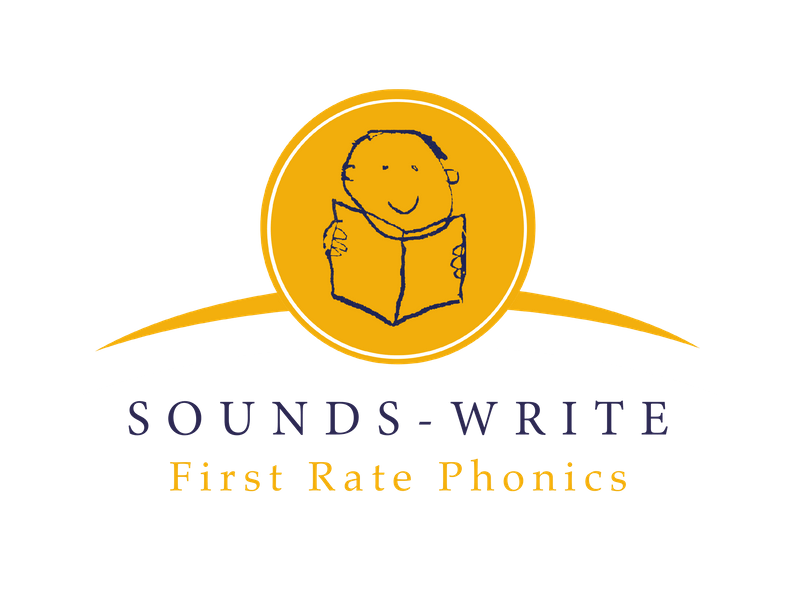



Meet Our Team
Nurturing Your Potential
Get to know our friendly and professional team of Speech Pathologists.
Book an appointment
Contact the Care Speech Team Today. Call 1300 086 280 or Leave Your Details Below.
Subscribe
Subscribe to our emails for the latest articles and service information









